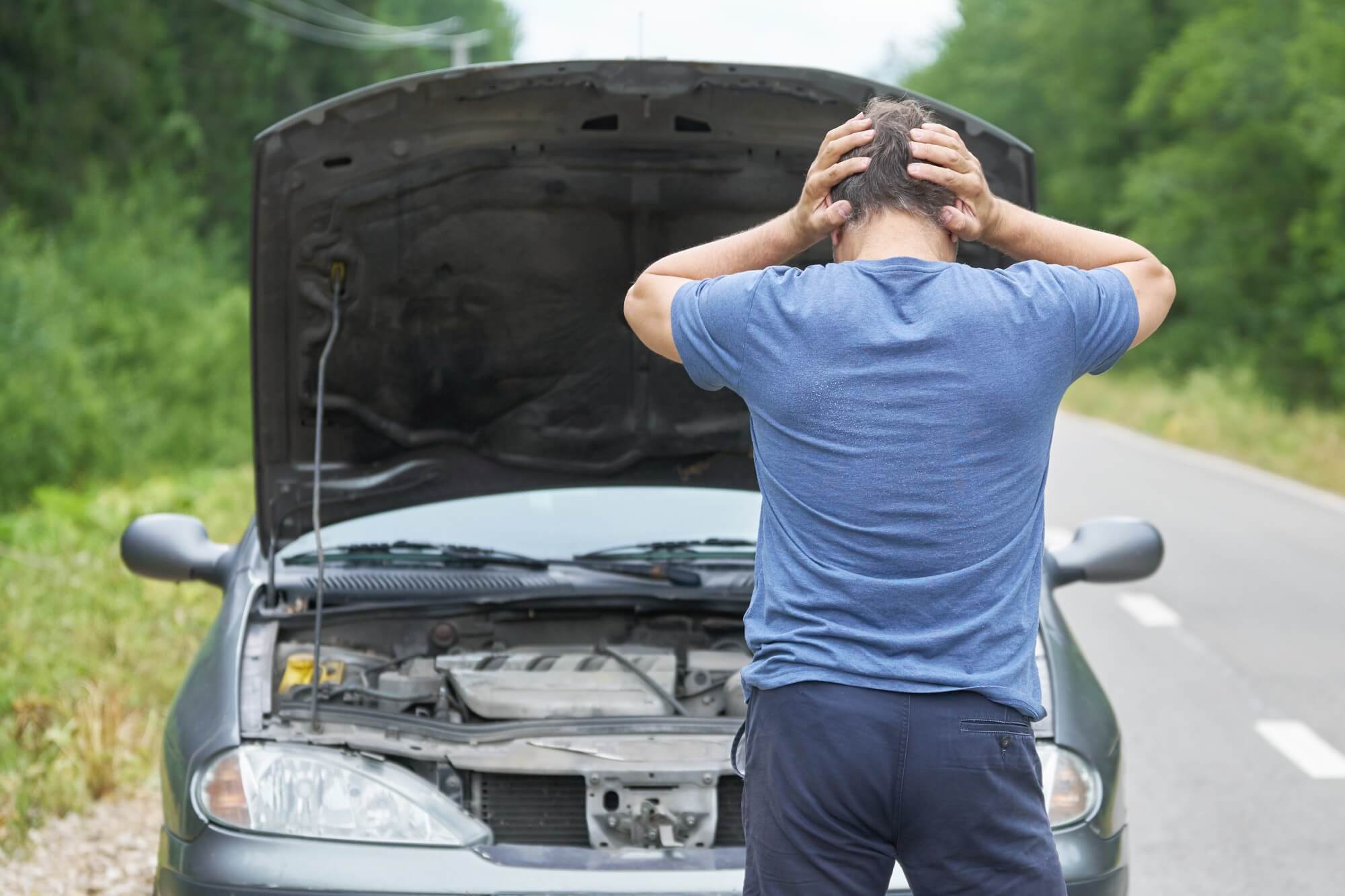Automobile
Common Issues Your Car May Encounter – and How to Avoid Them

Buying a new car is a major investment, and often a difficult choice for first-time drivers. Without knowing exactly what to look for, it can be difficult to even choose between new and used. It is important to gain a proper understanding of the market in which you’re buying your car – and the crucial differences between buying new versus buying used.
New vs Used
New cars may initially seem like the better investment, being brand-new, untouched by others and less prone to break down as a result. However, they lose a large percentage of their showroom value the moment they are driven off-premises, significantly reducing the amount you could recoup from a future sale.
Meanwhile, buying used may seem like a risk, where undeclared issues could sprout up soon after purchase, and without recourse for refund. However, buying used cars from a reputable dealer would ensure that you get to view the full service history of the vehicle before you buy, giving you strong clues as to any potential future issues. You may also be able to negotiate a warranty agreement, saving you significant headaches in the event that something goes wrong.
Thankfully, though, if something were to go wrong there is a high chance that it can be fixed immediately – or mitigated entirely with the proper care and attention. What are the three most common kinds of vehicular issue you might encounter?
Dead Battery
If your car ever refuses to turn over, it is highly likely that your car battery is dead. This in and of itself is a simple issue to rectify, and often does not have any long-term ramifications for the health of your vehicle. Fixing a dead battery is as simple as replacing it, while short-term solutions like jump-starting make handling an unexpected dead battery a trivial matter. In order to avoid your battery dying, you should endeavour to replace it every three years, or every 50,000 miles – whichever comes first.
Also, Check – The Importance of Custom Coil Manufacturing Process
Worn Brakes
Worn brakes are also a common occurrence, but they telegraph themselves well. If your brakes are squealing, this is a sign that your brakes are poorly aligned or that the brake pads are nearing the end of their life. Squealing brakes are no issue by themselves, but they will soon give way to grinding brakes if your car is not taken in for a service.
Flat TyresLastly, getting a flat tyre is practically a rite of passage for motorists. Some flat tyres cannot be avoided, in the case of punctures while driving – but other forms of flat tyre can be well-avoided, by ensuring your tyres are well-looked-after. Rotating your tyres every 6-8,000 miles can ensure they wear evenly, and reduce the chance of one wearing through before it’s time to replace them all.

-

 Business3 years ago
Business3 years agoHow to Do Long-Distance Moves with Children
-

 Travel2 years ago
Travel2 years agoQuick Guide: Moving To Santa Rosa?
-

 Real Estate3 years ago
Real Estate3 years agoWhy Dubai Festival City is a Great Neighbourhood for Young Learners
-

 Business3 years ago
Business3 years agoIs Guest Posting a Good Inbound Marketing Strategy?
-

 Business1 year ago
Business1 year agoThe Ultimate Guide To Thriving In Your Printing Franchise
-

 Business1 year ago
Business1 year agoExploring The Benefits And Challenges Of Restaurant Franchising
-

 Tech3 years ago
Tech3 years agoCyber Table That Will Change Your Life
-

 Lifestyle1 year ago
Lifestyle1 year agoDallas’ Hidden Gems: 6 Must-Try Restaurants Off The Beaten Path!









Recent Comments